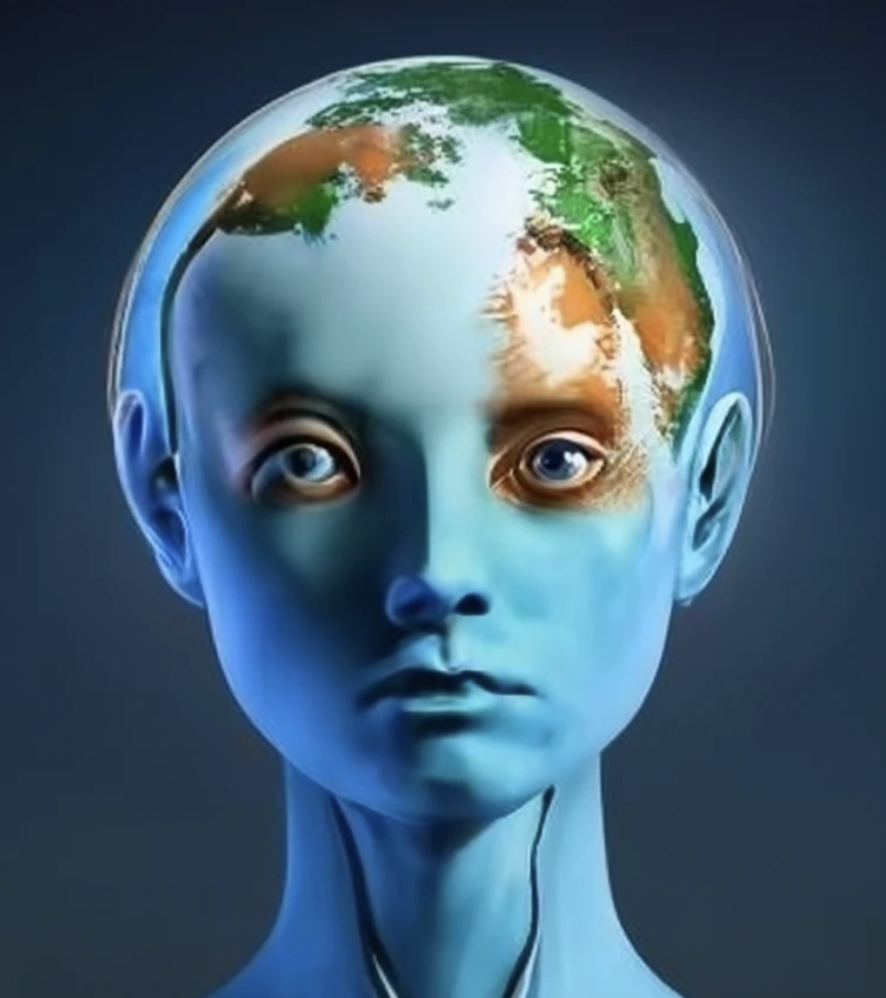

 |
 |
| Political Stalemate |
|---|
| Olivia McQueen & ChatGPT |
|---|

In the year 2050, Washington D.C. stood as both the political hub and a symbol of the changing world. The impact of global warming had escalated, and the city's iconic landmarks bore the scars of a climate in upheaval. Rising sea levels had encroached upon the Potomac River, leaving monuments and memorials at the mercy of the relentless tide.
Inside the Oval Office, President Eleanor Harper grappled with the weight of decisions that would shape her legacy. The world had warmed by four degrees, and the consequences were starkly evident. Extreme weather events, resource scarcity, and the displacement of communities have become the new normal.
President Harper, once a champion of climate action, found herself at the epicenter of a storm both political and environmental. Her vision for a sustainable future clashed with the harsh reality unfolding outside the White House windows.
As the city sweltered under the unrelenting sun, President Harper gathered her advisors to confront the challenges ahead. Her Chief of Staff, Samuel Dawson, presented a dire report on the state of the nation's environmental affairs.
"Madam President, the situation is reaching a critical point," Samuel began. "We're facing unprecedented heatwaves, water shortages, and the rising costs of climate-related disasters. The public is demanding action."
President Harper, a seasoned politician with a commitment to environmental causes, sighed deeply. "We've known this day would come. It's time to make the tough decisions. What are our options?"
The room fell into a somber silence as the weight of the decisions ahead hung in the air. The President's climate advisor, Dr. Amelia Rodriguez, stepped forward, a sense of urgency etched on her face.
"We have to accelerate our transition to renewable energy, invest in sustainable infrastructure, and enact stringent emissions regulations. The time for half-measures is over," urged Dr. Rodriguez.
President Harper nodded, absorbing the gravity of the situation. "I'll address the nation tonight. We need a comprehensive plan, something that reassures the public and charts a course towards a sustainable future."
As night fell over Washington D.C., President Harper stood before a nation in turmoil. In a televised address, she acknowledged the severity of the climate crisis and outlined a bold plan for change. The nation listened; a collective breath held in anticipation of a new era.
However, the political landscape proved tumultuous. Fierce opposition from lobbyists, vested interests, and politicians resistant to change created a daunting battleground within the hallowed halls of Congress.
President Harper fought tirelessly, employing both diplomacy and the weight of her office to push through legislation aimed at mitigating the effects of climate change. Yet, the inertia of political agendas and entrenched interests threatened to undermine even the most well-intentioned efforts.
Amid the domestic struggles, foreign governments played a crucial role in shaping the global response to climate change. Nations like Germany, Canada, and Sweden recognized the urgency of the situation, offering cooperation and support. Diplomatic efforts led to collaborative initiatives, sharing technology, knowledge, and resources to address the shared challenge.
However, resistance came from powerful nations with vested interests in fossil fuels. Russia, reluctant to alter its lucrative energy industry, exerted diplomatic pressure and lobbied against global agreements. Some Middle Eastern countries, heavily dependent on oil revenue, resisted transitioning to renewable energy sources, fearing economic upheaval.
As the years unfolded, Washington D.C. became a microcosm of a world grappling with the consequences of unchecked global warming. The once-majestic monuments now stood as weathered witnesses to a planet in flux.
President Harper's term came to an end, and as she looked back on her legacy, she couldn't shake the feeling of both accomplishment and frustration. The nation had taken steps toward sustainability, but the monumental changes required were met with resistance.
In the aftermath, as new leaders stepped into the role, the battle for a sustainable future continued. Washington D.C. became a symbol not only of political power but of the ongoing struggle to confront the realities of a changing climate, both within and beyond its borders.
| Prompts and Collaboration with ChatGPT |
|---|
This short story was begun using the general prompt: create a short story set in Washington DC about the president and decisions on climate change at four degrees of warming. I liked the first draft story line and general idea of the plot, but I asked for name changes for the characters as my name and a friend's name was used, and I felt uncomfortable with that. Next, I suggested that some type of foreign resistance or cooperation be included and, as drafts developed, had to later ask if these nations and forms or involvement could be specified as they were included as broad ideas of “powerful nations” and “some nations."
| Home | AI Writing | More Cli Fi Stories | About Us |